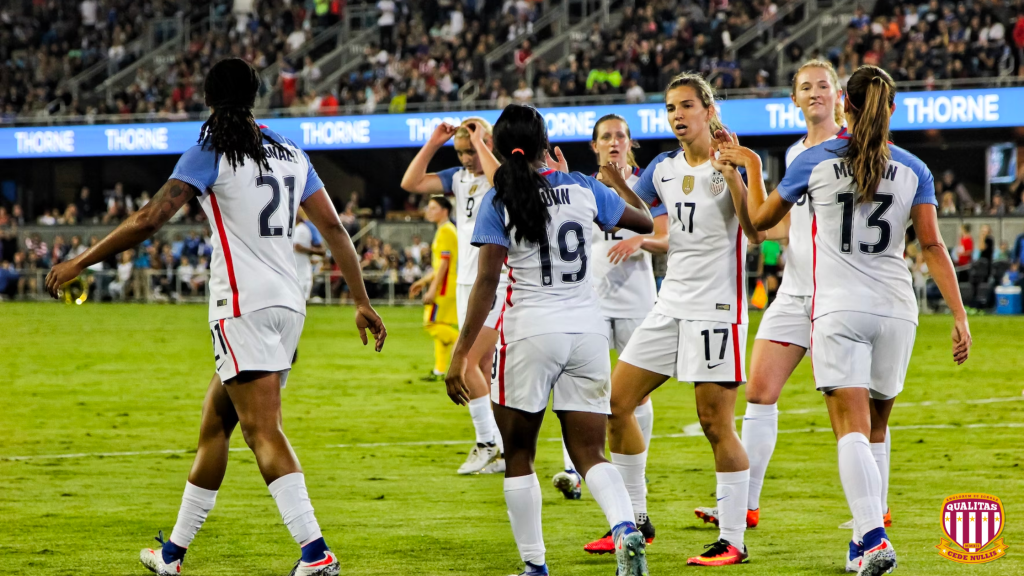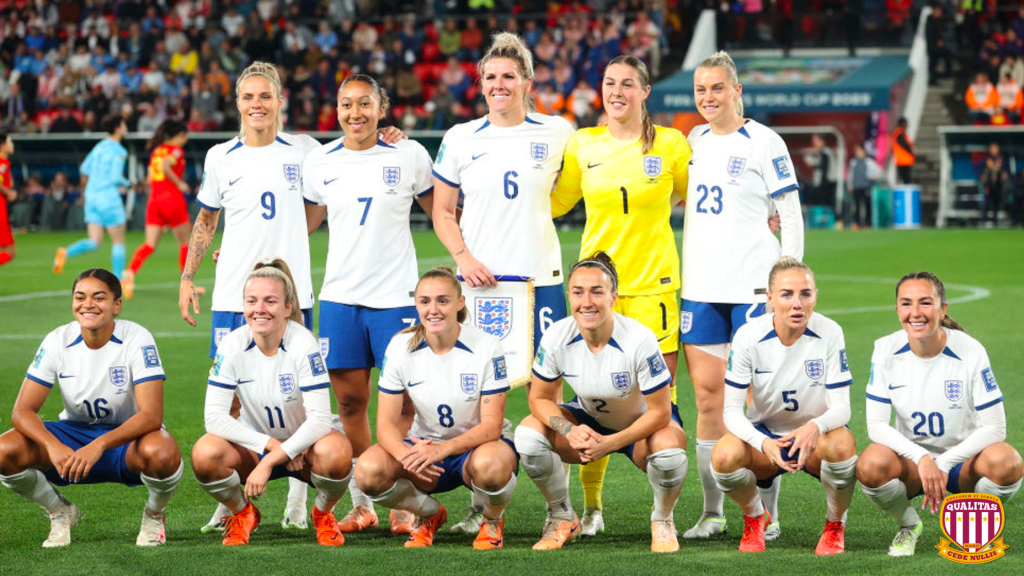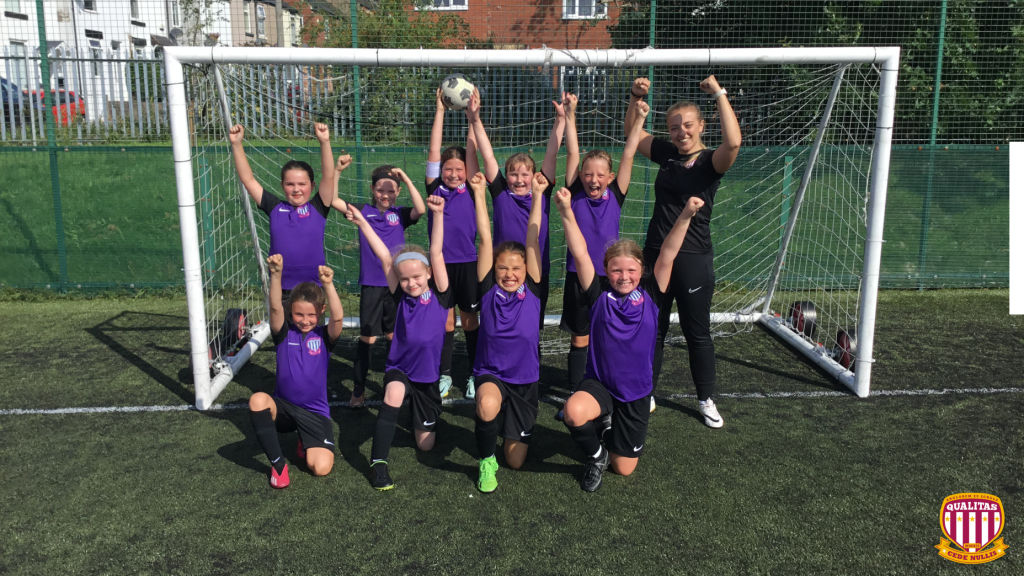The narrative of women’s football, once overshadowed and arguably sidelined, has transformed into a captivating tale of triumph. From its modest origins battling societal constraints to its current position receiving global attention, the evolution of women’s football stands as a testament to the unyielding determination of all involved in the lady’s game.
With the 2023 Women’s World Cup reaching a crescendo, and the women’s game being elevated constantly with more coverage, we find ourselves with an opportunity to embrace it. In this blog post, we embark on a journey through the inspiring trajectory of women’s football, from its struggle for recognition to its current position, with the World Cup serving as a moment that underscores the profound societal shift and the undeniable potential of the women’s game.
Section 1: From Struggle to Stardom
The story of women’s football is a captivating one, characterised by a journey of transformation from challenging beginnings to its current inspiring state.
In its early days, women’s football faced barriers rooted in societal norms. The prevailing notion that sports were a male-dominated domain posed obstacles for women who aspired to play the game they loved. Despite these challenges, determined women started forming teams and playing matches, driven by their passion for the sport and the desire to make their mark.
It was during the late-20th century that we witnessed the first, small turning point. The gradual establishment of leagues and local tournaments provided a much-needed platform for women to showcase their skills. With each match played and each tournament organised, the perception of women’s football began to shift. People started recognising the potential and prowess of women athletes, paving the way for greater acceptance and appreciation.
Yet, the journey was far from smooth. Nonetheless, the collective determination of players, coaches, and supporters began to illuminate the path forward. As more individuals championed the cause, women’s football evolved from being an overlooked pursuit to a vibrant and integral part of the sports landscape.
The first FIFA Women’s World Cup was held in 1991 and this was the first global push for the game, although there was and is still a long journey left, this was no doubt an important year for the game.
Section 2: The 2023 Women’s World Cup – The Lionesses
After their success in the Women’s Euros The England ladies team had pressure to maintain that level in the World Cup. In 2022 the women’s Euros was a year which no doubt inspired more girls to play football than ever before with their impact being felt up and down the country. An increase in football on the girls PE curriculum, an increase in girls football teams and a general increase in participation in the game all came as a result of the excellence of the Lionesses.
The 2023 Women’s World Cup isn’t just about goals scored and matches won; it’s about inspiring dreams. As The Lionesses stepped onto the global stage, they carried with them the aspirations of countless young girls who dare to dream of becoming the next stars of women’s football. This tournament has the potential to ignite a spark that will lead to an increased surge of interest, participation, and enthusiasm for the game among young girls.
Section 3: Qualitas Girls Scholarship
Within the Qualitas scholarship program, we have a vision to support the dreams of girls who one day wish to represent their country in the World Cup by helping girls on their journey to success. That’s why for the 2023/24 season we have formed an U10 girls team who will be competing every week in the girls game.
The U10s girls team is our first venture into girls only teams. They have been placed into the SHWGL on Saturdays for the 2023-24 season to provide a dedicated match programme as we have with the scholarship.
The vision is to build up the girls programme and work backwards next with an U9’s then U8’s and then U7’s. Our focus is to work with and improve the Wildcats programme both on Tuesday nights at Alfreton Leisure Centre and Thursday nights at Graves Leisure Centre to not only serve as independent Girls Training Sessions but also to provide a pathway through to facilitate the girls teams going forward.
The wildcats program is perfect for girls aged 5-11 of all abilities, whether they are just starting their first session, or working as hard as possible to hone in their skill.
To find out more details and book your child’s first FREE session email scholarship@qualitassport.co.uk.
Conclusion
In tracing the remarkable journey of women’s football from its humble beginnings to the grand stage of the 2023 Women’s World Cup, we witness not only the evolution of a sport but the transformation of a narrative. The strides made, the challenges overcome, and the collective determination of players, supporters, and advocates have brought us to an opportunity that holds promise for a future where women’s football shines ever brighter.
The journey is far from over, but the path forward is illuminated by the passion of those who believe in the potential of every young girl who steps onto the field with a dream in her heart. As the 2023 Women’s World Cup approaches, let us celebrate the progress made, anticipate the victories to come, and together, pave the way for an even brighter and more inclusive future for women’s football.
We’d love to hear from you if you’d like to get your daughter involved with our girls team, and / or our growing Wildcats programme at Graves Leisure Centre and at Alfreton Leisure Centre email scholarship@qualitassport.co.uk for all the details!











